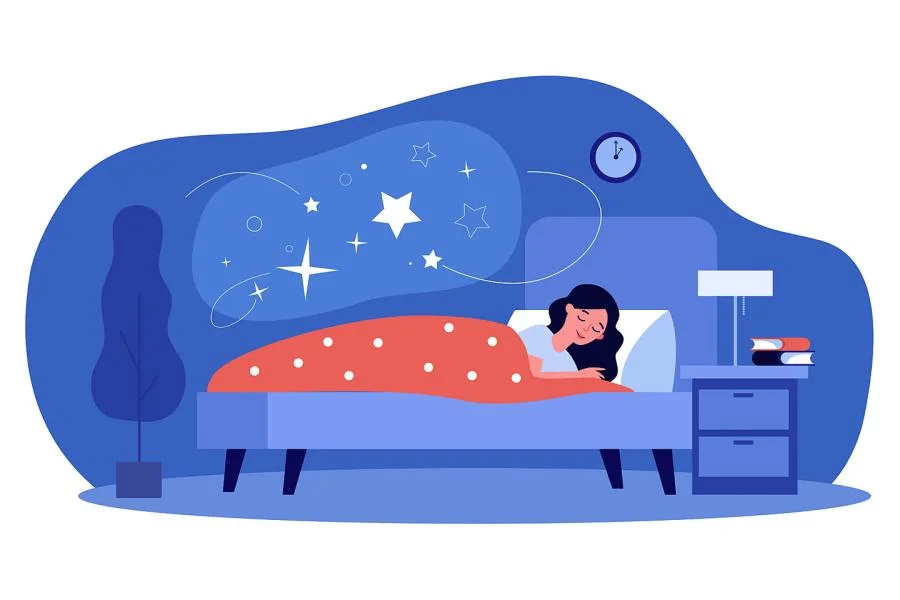In today’s busy, career-focused world, students often find themselves sacrificing sleep for challenging academic success and deadlines. They overwork themselves to prepare for exams, while also wanting to engage in extracurricular activities. However, research consistently highlights that sleep is a fundamental for academic success.
Sleep and Mental Health
Sleep plays a vital role in mental health. According to psychologists at Columbia University, lack of sleep increases stress, anxiety, and depression, which can often negatively impact a student’s ability to focus and perform well academically. Furthermore, students who maintain healthy sleep habits do not only often report higher levels of emotional resilience, but are also better at handling academic pressures.
Physical Health and Energy Levels
Beyond its cognitive benefits, sleep is also essential for maintaining physical health. Lack of sleep can make students more susceptible to illness, by weakening their immune systems. Additionally, adequate sleep ensures consistent energy levels, enabling students to participate actively in classes, sports, and other activities.
The Role of Sleep and Learning
Sleep is essential for effective learning. While we are asleep, our brain processes, organizes and stores information from the previous day. Then, information moves from short-term to long-term storage, which is crucial for retaining knowledge and a lack of sleep disrupts this process. This leads to forgetfulness and difficulty to understand new material. It also reduces the student’s ability to concentrate in class and absorb new information.
Tips for Better Sleep and Academic Success
1. Prioritize Sleep: Treat sleep as an essential part of your daily routine, just like studying or attending classes.
2. Maintain a Sleep Schedule: Go to bed and wake up at the same time every day, even on weekends.
3. Create a Relaxing Environment: Keep your bedroom dark, quiet, and cool. It helps you have a restful sleep.
4. Limit Screen Time: Avoid using electronic devices at least one hour before bed.
5. Avoid Stimulants: Reduce caffeine and sugar intake, especially in the evenings, as they can damage sleep quality.
How Much Sleep is Enough?
The National Sleep Foundation recommends that teenagers get 8-10 hours of sleep per night, while young adults 7-9 hours. However, surveys reveal that many students fail to reach these recommendations due to packed schedules and distractions like late-night screen time.
Studies have shown that students who get the recommended 8–10 hours of sleep perform better on tests and have an improved attention span compared to those who are lack sleep.
Conclusion
Students should not see sleep as a means of procrastination, but rather as a vital component of academic success. By prioritizing sleep, students can enhance their memory, cognitive abilities, and emotional well-being, setting themselves up for long-term success both inside and outside the classroom. Sleep strengthens emotional resilience and physical health, which are both crucial for everyday life. By getting enough rest, students can achieve better grades, improve their mental well-being, and unlock their full potential.





